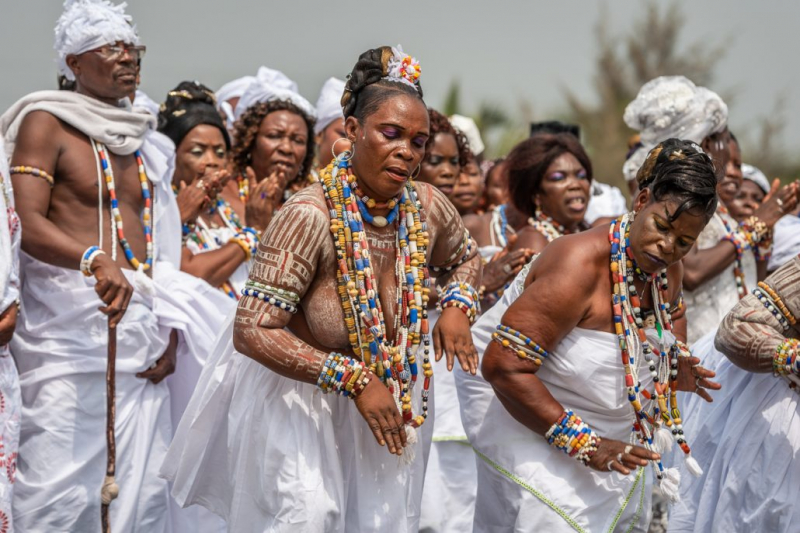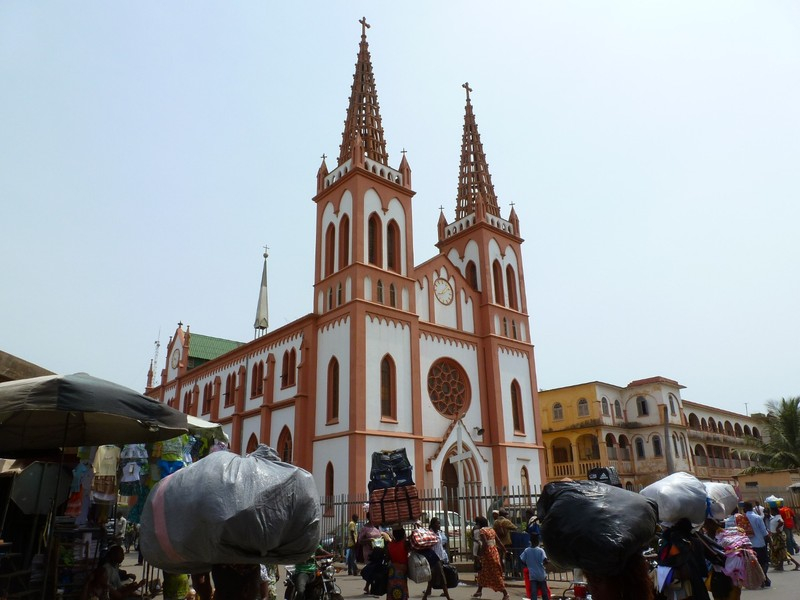Religion
Togo's religion has kept true to the nation's pagan past. This explains why voodoo, an indigenous religion practiced by 51% of the population, is more prevalent than Christianity and Islam, which are practiced by 20% and 19% of the population, respectively. There are many other sects of voodoo, including yeve, which worships Hibisou as its god and the spirit of storms, and Dan, a snake spirit. Voodoo can be traced to an African word that signifies spirit. The voodoo community holds the concept that even invisible horrors or devils exist. Voodoo rituals are performed to communicate with a spirit in order to win that spirit's favor or acquire assistance, typically in the form of bountiful food, better health, or a high level of life. In a voodoo temple called humfor, the ceremony is frequently performed by a voodoo priest (hungan for men and mambo for women).
As a result of Christianity's anti-slavery struggle, a German Catholic Mission station was established in Togo in 1830, which marked the beginning of the religion there. Christian missionaries and churches first have broader freedom to operate in the nation in 1970. The largest faith, Roman Catholicism, now includes six dioceses under the archdiocese of Liome, including the dioceses of Aneho, Atakpame, Dapaong, Kara, Kpalime, and Sokode.












